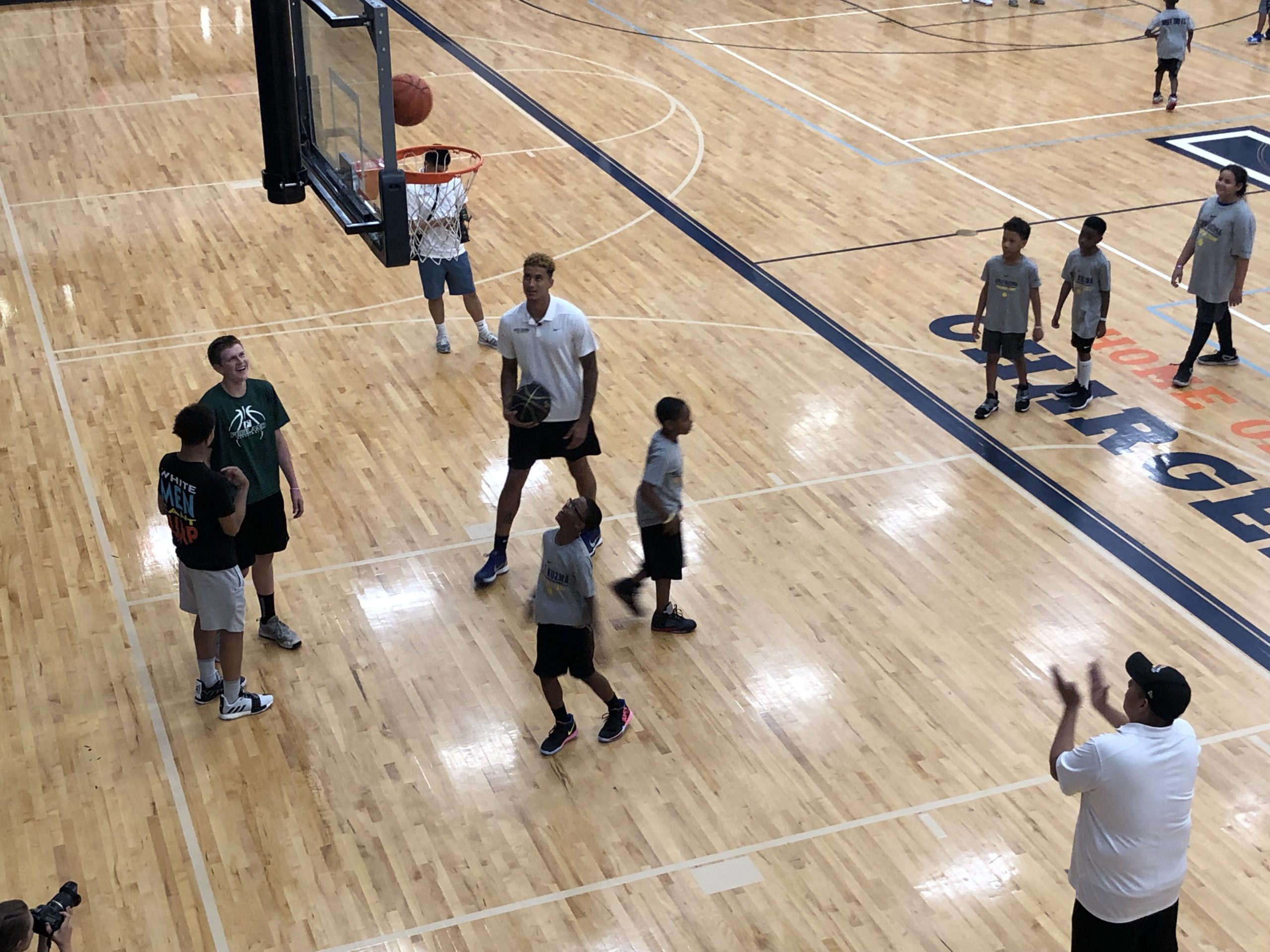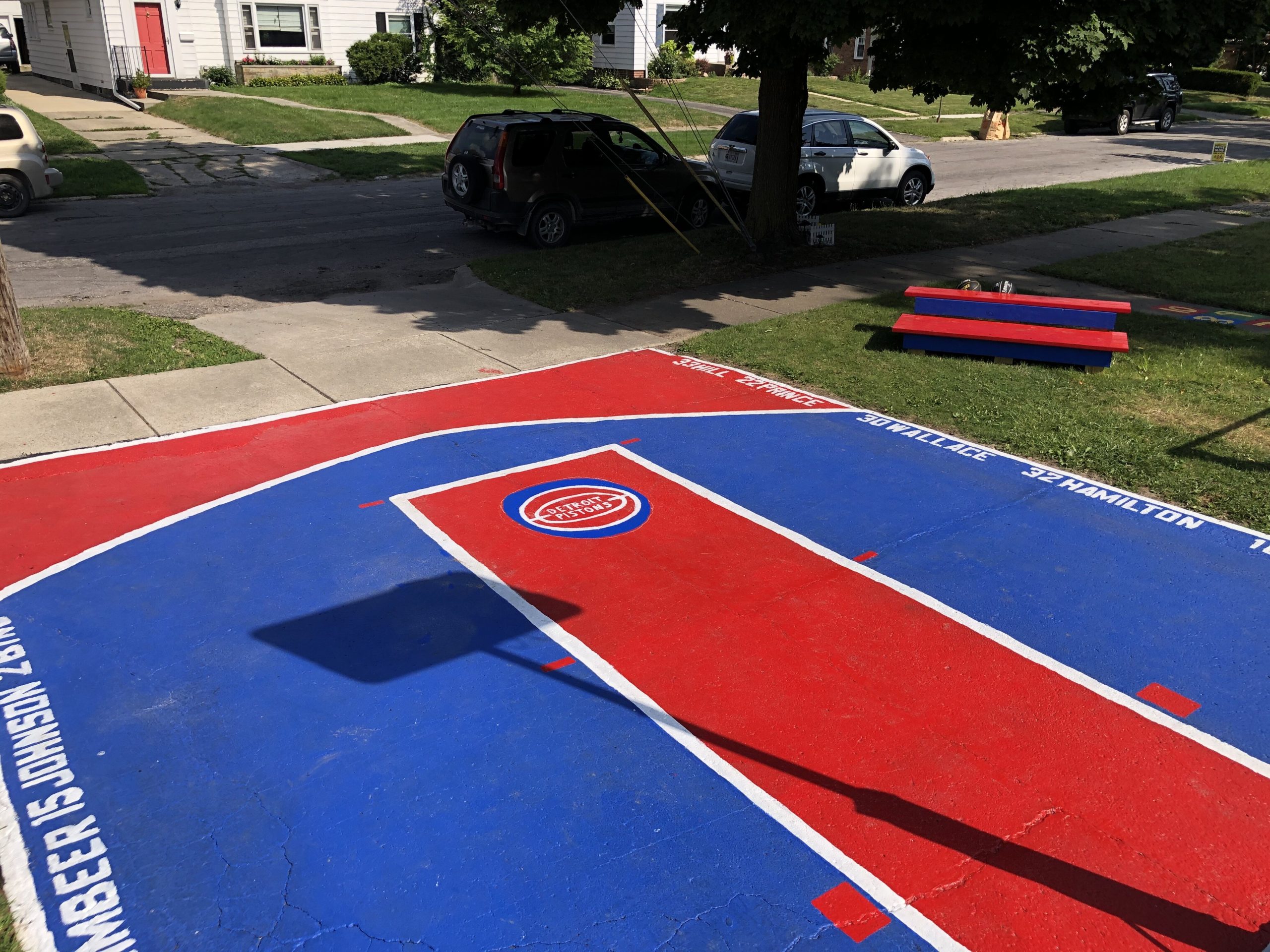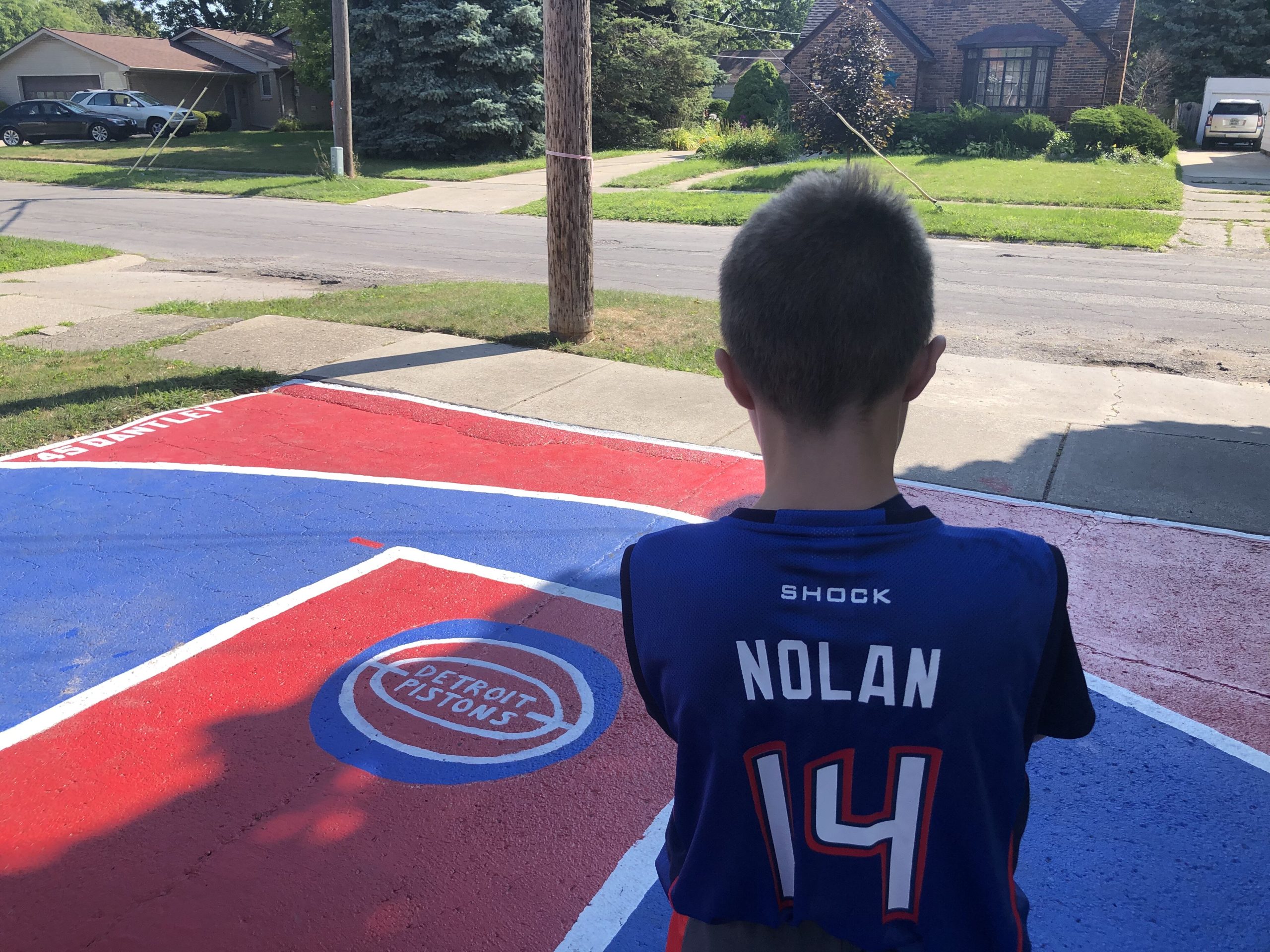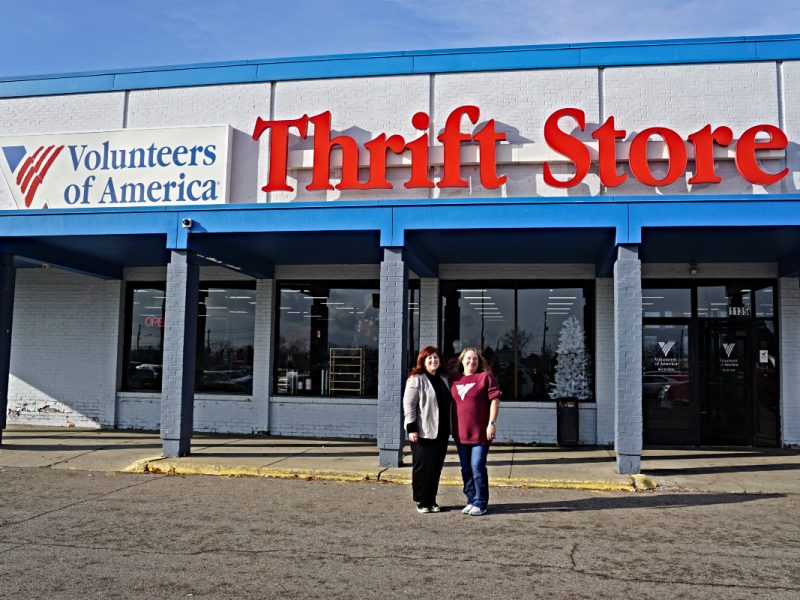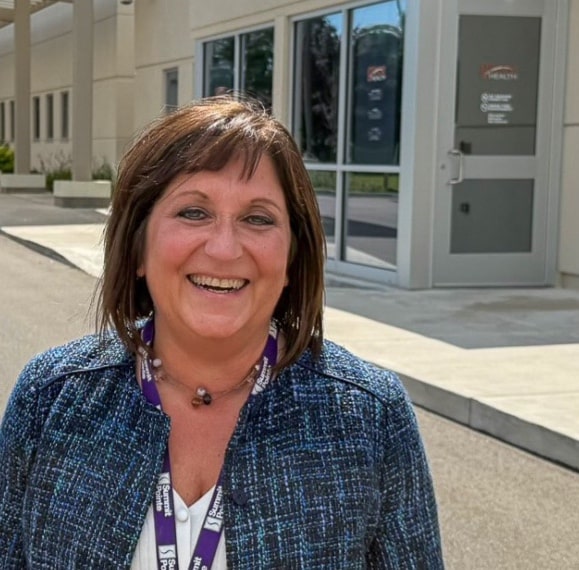Basketball has saved my son’s mental health during the pandemic
Simply being able to shoot baskets in our driveway has helped my son and I stay sane during the pandemic.
How have you maintained peace during the COVID-19 pandemic? What things in Flint have helped you or given you comfort during quarantine? We want to hear your stories — feel free to pitch us your personal essay ideas about how you’re managing your mental health in Flint during difficult circumstances. Send your ideas to editor@flintside.com.
FLINT, Michigan — Earlier this month, as my 10-year-old son and I were watching the Denver Nuggets complete a miraculous playoff comeback from a 3-1 deficit against the favored Los Angeles Clippers in the second round of the NBA Playoffs, Oliver had a sudden realization: “Wait … so no matter what, someone from Flint is going to play for a NBA Championship this season,” he said.
He was right — former Beecher star and Michigan Mr. Basketball Monte Morris is on Denver’s roster, and they moved on to face the Los Angeles Lakers, who have Flint’s Kyle Kuzma and JaVale McGee playing key roles on the team, with the winner of that series advancing to the NBA Finals sometime later this month. Morris, Kuzma, McGee, and Charlotte’s Miles Bridges give Flint four players currently on NBA rosters. For a city of less than 100,000, that per capita rate of NBA players is as good as any basketball hotbed in the country, and something that should be — and is — regularly celebrated in the community.
And yet … that milestone of having three current Flint natives playing for a championship also happens to coincide with a LA Times story that was just published this week entitled, “Forgotten in Flint: Where basketball was king, hoop dreams struggle to survive.”
The story is thoroughly reported, with a reporter embedded with Flint Southwestern’s team over several months and includes beautiful photography. I’m not going to quibble with the reporting, other than to point out the timing of its release is odd considering Flint basketball is kind of having a moment on the national stage right now. I would also point out that while the city has certainly shrunk, with only one public high school remaining open, Flint-born players have significantly contributed to strong basketball programs at Beecher, Carman-Ainsworth, Grand Blanc, Davison, and Goodrich, among others, and Powers Catholic has long had talented Flint players on its roster (not to mention that they’re coached by a former professional player from Flint in Greg Burks).
This is not the first time a story like this has run. I was a full-time sports reporter at the Flint Journal from 2005-2010. My last two years at the Journal, I covered Flint basketball, and ESPN ran a story in that timeframe with a similar premise — that Flint basketball had rapidly declined and that there was a dearth of talent in the city. Morris and Kuzma were both early in their high school careers when that story ran, and the younger Bridges was not far behind them. Dominez Burnett and Deondre Parks both played for Flint Northwestern in that era and later went on to great college careers and have played professionally. Carman-Ainsworth’s Keion Arkwright, Reggie Stallings, and Jon Lee all went on to good college and/or pro careers. Flint Central grad Demetrius Miller was part of a Mott Community College basketball team that played for a national title, and he too played professionally. At the time I left the Journal, none of those players (with the exception of Bridges) mentioned above were highly touted on the national recruiting radar, yet they all worked their way to successful basketball careers.
In this week’s issue of Flintside, we have a story about a Flint native bringing a professional basketball franchise to the city and a professional runner who was inspired to raise money to provide basketballs to Flint kids. In last week’s issue, Sarvis Park residents talked about the important role basketball continues to play in their neighborhood.
The point is, Flint basketball is still alive and still matters.
* * *
Like many families, we faced an insanely difficult decision as school reopened during the COVID-19 pandemic: send our kids back to school and risk their health, or keep them home to try and preserve their health and risk their social development being stunted if they are isolated from classmates.
Oliver is old enough that his mom and I discussed pros and cons of both with him and ultimately let him have input in the decision. After thinking about it for several days, he told us he preferred to stay home. He is shy and sensitive, but has a small, close circle of friends that he’s been around since kindergarten. My heart is still broken that he even had to be in a position to make a decision like that.
He’s also prone to being anxious and sometimes has trouble expressing his feelings. Like many kids I’m sure, the baggage of living through a pandemic has only heightened his emotional swings. Basketball has saved us this summer.
We spent time designing a driveway court, painting it in honor of the Detroit Pistons. Oliver had significant input into it. He wanted a ring of honor painted on the court to celebrate their greatest players, and actually did the research on his own. In addition to numbers the team has already retired, he presented his argument to me that he believes numbers that haven’t been officially retired by the team but deserve to be honored on our court were Rasheed Wallace, Tayshaun Prince, Grant Hill, and Adrian Dantley. It’s unreal having a 10-year-old give you a well-argued thesis on the merits of a player who last played in the 1980s, but he certainly did the homework.
He wrote literal books this summer about basketball topics, looking up stats, making arguments about players who should be ranked higher or lower, and typing pages of documents about his findings. Even when school was out, he never stopped practicing his writing and researching skills with basketball as the vehicle (I didn’t want to break the news to him that that was actually schoolwork).
That research also extends to Flint players. He loves living in a city with the rich basketball history that exists here. When he asks for jerseys, he’s not asking me for LeBron James or Steph Curry, he’s asking me for Glen Rice and Deanna Nolan — which is awesome, but also makes me have to spend waaaaay too much time scouring eBay for retro finds. My daughter’s godfather who grew up in Toronto regularly gets “what was it like watching Morris Peterson play?” questions when he’s in town.
And, especially during the moments he can’t cope, basketball has been a savior. Whether its frustration at not understanding an online lesson, or being annoyed by his little sister, or just simply being overcome by the weight of everything happening in the world right now, there are moments when he’s melting down and can’t stop himself. All I have to do in those instances is say, “let’s go play to 10,” and we hit the driveway court.
It has been good for me, too. Paul Putz, a sports historian at Baylor, said in April, “When I was a kid, I spent hours and hours playing basketball on a driveway hoop. Haven’t really done it since I moved away for college 15 years ago. One of the few bright spots this past month has been rediscovering that simple joy.” I’ve felt that same child-like joy in rediscovering just shooting on a court.
Basketball, like everything else here, has changed. But what it represents to the city and the role it continues to play in putting Flint on the map nationally won’t ever go away. Simply hooping in my driveway with my son, and the privilege of doing it in a city where so many kids with dreams have for generations defied the people who said it’s impossible to make it, is a privilege and something I’m grateful my son gets to experience.

